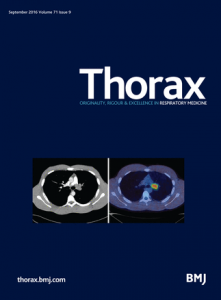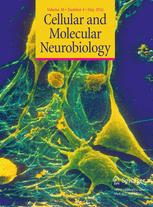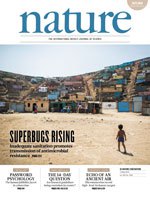Does an article that discusses anonymized student projects about how to catalog data count as research on human subjects?
One of the students included in the paper thought so, and complained to the journal after learning that it had published the case study of the program without the approval required for studying people. The authors admitted they didn’t get consent from participants, because they didn’t realize the work required it. The mix-up has prompted both them and the journal to reconsider their policies regarding ethics approval of studies.
In the meantime, “A Project-Based Case Study of Data Science Education” has been retracted, with this notice:
Continue reading Does your work need IRB approval? Better check, says author of retracted paper




 A journal has retracted a paper for a somewhat unusual reason — and swapped the article with an entirely new paper by different authors.
A journal has retracted a paper for a somewhat unusual reason — and swapped the article with an entirely new paper by different authors.



